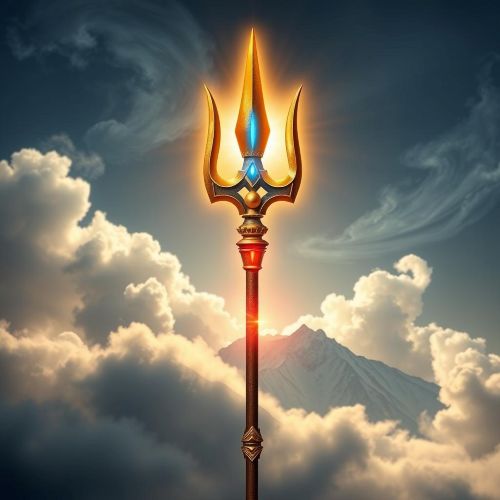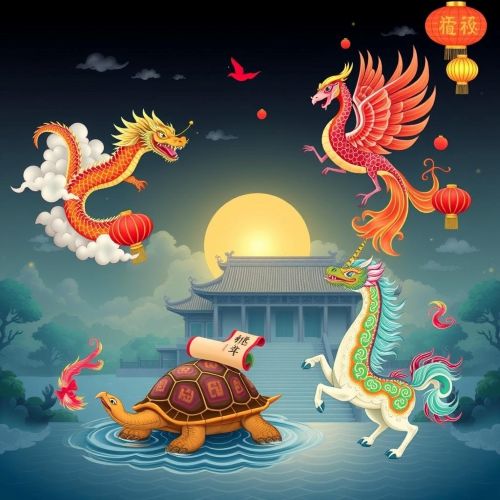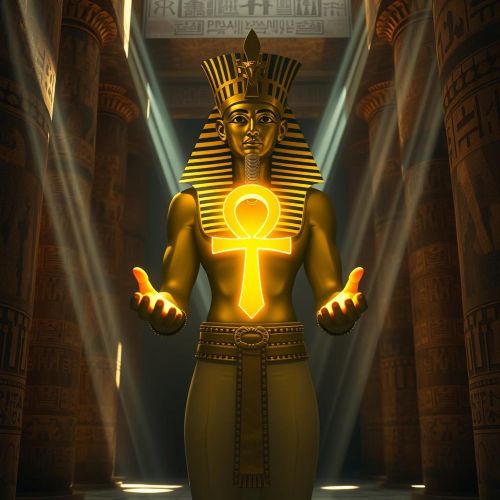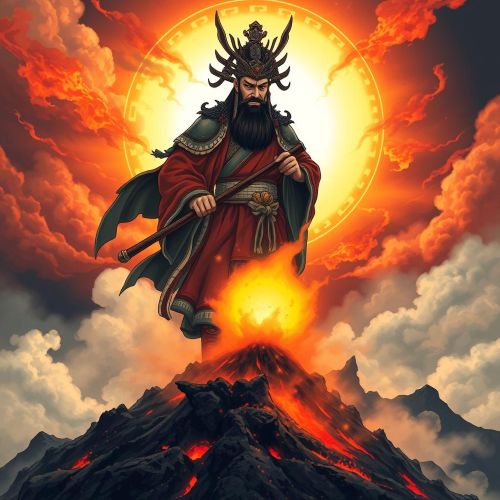Are Norse Gods Immortal? Unveiling the Mysteries of Norse Mythology
Norse mythology is a rich tapestry of captivating tales and legendary beings, with the gods of Asgard at its center. Among the many questions that arise when exploring this ancient pantheon is the nature of their immortality.
Immortality in Norse Mythology
In Norse mythology, the gods, including Odin, Thor, and Loki, are indeed considered immortal beings. They are said to reside in Asgard, a realm accessible only to divine entities. Immortality is a fundamental aspect of their divine nature, granting them longevity and resilience beyond the mortal realm. Norse gods are not subject to aging, illness, or natural death. However, their immortality does not make them invulnerable to harm or death by external forces. Norse mythology acknowledges the possibility of their demise through battles, cosmic events, or encounters with formidable adversaries, highlighting the intricate balance between their immortality and vulnerability.
The Concept of Ragnarök
Ragnarök, the apocalyptic event prophesied in Norse mythology, plays a significant role in the mortality of the gods. According to the myth, during Ragnarök, a series of cataclysmic events will occur, leading to the ultimate destruction and rebirth of the world. During this apocalyptic battle, gods and giants will clash, and many of the gods will meet their fates, including Odin, Thor, and Loki. This cyclical nature of creation and destruction is intrinsic to Norse mythology, signifying the ebb and flow of cosmic forces. While the gods may be immortal in the sense of existing for an indefinite period, the concept of Ragnarök ensures that their immortality is not without its limitations.
The Role of Fate and Prophecy
Fate and prophecy are vital elements in Norse mythology, influencing the gods’ immortality. The Norns, female beings associated with destiny, weave the threads of fate that shape the lives of both gods and mortals. Despite their immortality, the gods are subject to predetermined destinies, and their actions often contribute to the fulfillment of prophecies. This interplay between free will and predestination adds depth to the Norse gods’ immortal existence, emphasizing the interconnectedness of their lives and the larger cosmic tapestry.
Transformation and Rebirth
While Norse gods are generally considered immortal, Norse mythology also explores the themes of transformation and rebirth. The gods are not bound to a single form or identity and have been known to take on different shapes and roles. Odin, for example, is a master of shapeshifting, capable of assuming various guises to achieve his goals. Additionally, the concept of rebirth and reincarnation is present in the mythological narratives, with gods experiencing multiple lifetimes and iterations. These concepts further blur the line between mortality and immortality in Norse mythology, showcasing the fluid and ever-evolving nature of the divine beings.
In the realm of Norse mythology, the gods of Asgard are immortal beings, residing in a realm beyond mortal reach. However, their immortality is not without limitations, as the prophecy of Ragnarök looms over their existence. Fate, transformation, and the cyclical nature of creation and destruction further complicate the notion of their eternal nature. Norse gods embody a complex blend of immortality, vulnerability, and rebirth, adding depth to their captivating stories and reminding us of the intricate tapestry of belief woven by ancient Norse culture.






